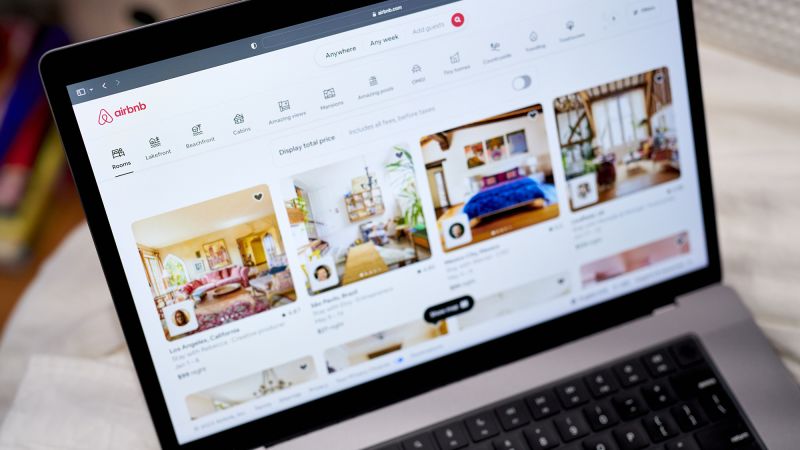Airbnb, the popular vacation rental platform, has consistently faced the ire of users primarily due to its additional fees that can significantly inflate the total cost of what initially seems like an economical option compared to traditional hotels. As of Monday, however, the company has initiated a considerable shift in its pricing model, now opting to show customers the comprehensive total price upfront by default. This pivotal change aims to enhance user satisfaction and ensure that potential guests have complete clarity regarding the price they will pay for their bookings.
With this new approach, all users will now be presented with the full price of their stay right from the start, including all applicable fees and taxes, which can vary by location. Previously, potential guests often encountered prices that reflected merely the nightly cost, leaving them unaware of the additional financial burden until they were further along in the booking process. This update not only reiterates Airbnb’s commitment to “affordability and transparency,” as stated in a recent blog entry, but also seeks to improve the overall user experience by mitigating unexpected financial surprises.
The timing of Airbnb’s adjustment is particularly noteworthy, coinciding with impending federal regulations in the United States targeting deceptive pricing practices, which are scheduled to take effect on May 12. Last year, the Federal Trade Commission (FTC) introduced new rules that ban several industries—including hotels, ticketing entities, and short-term rental companies—from tacking on hidden “junk fees.” This newfound obligation ensures that consumers are presented with complete pricing details before they finalize any purchase, which aims to foster a more honest marketplace.
The rules put forth by the FTC focus not on limiting the prices that businesses can charge for their goods and services. Instead, they emphasize the need for businesses to display total costs, which encompass all additional fees, more prominently than comparative pricing information. This shift is anticipated to combat practices in various industries where consumers often find themselves blindsided by hidden costs, such as “convenience” or “service” fees that tend to surface at the payment stage.
Interestingly, Airbnb had already begun testing this total price display feature in select regions, including parts of Australia, Canada, and Europe, back in 2019. The rollout extended to Canada and the U.S. in 2022, and since then, the feature has been utilized by nearly 17 million guests. According to company reports, this shift has also positively impacted the behavior of hosts, resulting in a reduction of cleaning fees across listings. In 2023, Airbnb noted that almost 300,000 listings saw either a removal or reduction of their cleaning fees following the introduction of the total price display feature. Remarkably, 40% of active listings have effectively eliminated their cleaning fees altogether.
These changes not only represent a significant evolution in how Airbnb conducts its pricing strategies but also reflect a broader trend within the vacation rental industry prompted by regulatory scrutiny and heightened consumer awareness. As guests increasingly demand transparency in pricing, companies like Airbnb are left with little choice but to adapt to retain competitiveness and trust.
In conclusion, the latest adjustments by Airbnb aim to provide clarity and transparency to potential guests by ensuring that they have visibility into the total costs associated with their bookings right from the beginning. This major pivot is designed not only to enhance user satisfaction but also to comply with emerging regulations aimed at eradicating covert pricing tactics. This initiative by Airbnb could pave the way for more renting platforms to adopt similar practices, thereby creating a more equitable and straightforward environment for consumers in this evolving marketplace.



